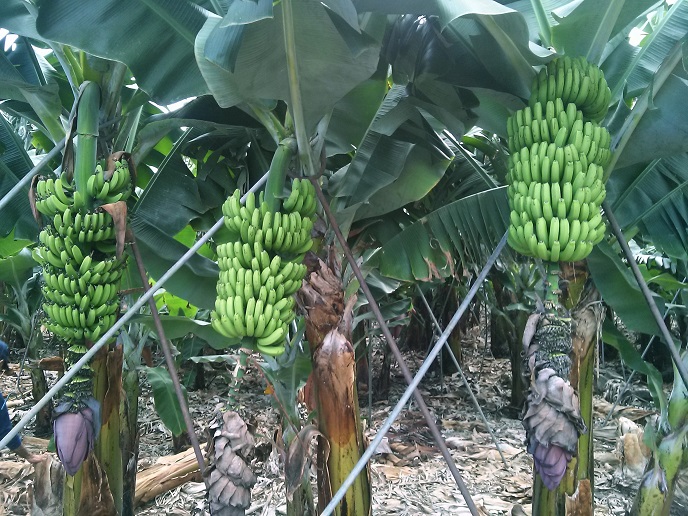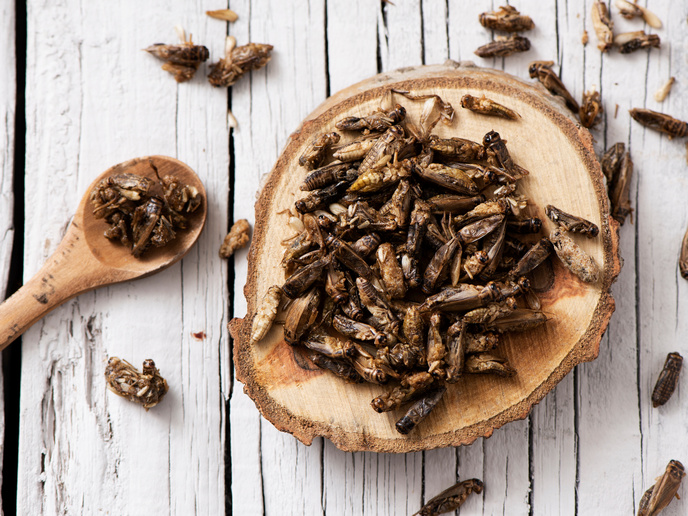Banana plant, soil and root ecology reveals sustainable routes to pest and disease control
Population growth and global climate change are putting tremendous pressure on our agricultural food chain, making it even more imperative to protect precious crops from pests and diseases. Banana crops are particularly susceptible, and their protection currently relies on chemical pesticides and fungicides. The EU-funded MUSA(opens in new window) project set out to develop more sustainable approaches for banana crops by taking advantage of the microorganisms and insects that act as plant caretakers. According to MUSA coordinator Aurelio Ciancio of the Institute for Sustainable Plant Protection(opens in new window), National Research Council of Italy: “Any organism noxious to plants has a number of natural enemies that we can use against it. These biocontrol agents include microorganisms like fungi, bacteria or even viruses as well as beneficial insects or mites that are antagonistic towards one or more pests. Some of these, usually fungi and bacteria, live inside a plant’s roots or leaves – so-called endophytes.” Identifying and utilising the ones beneficial to banana plants was the goal of MUSA.
The incredible plant microbiome
MUSA scientists embarked on an exhaustive investigation into banana plant soil and root ecology in search of natural nemeses of the most important threats to banana plants in sub-Saharan Africa, the Canary Islands and the Caribbean. These include nematodes, the banana weevil and the fungus responsible for lethal Fusarium wilt. The team collected thousands of promising bacterial and fungal biocontrol agents and endophytes from collections in partner countries and discovered and sequenced new isolates. Controlled testing revealed numerous opportunities for biological control of pests and disease. For example, some fungi of the genus Trichoderma were highly effective in managing parasitic nematodes or insects and opened a new door to weevil biocontrol. Isolates of the fungus Pochonia and the bacteria Pseudomonas successfully countered the spread of nematodes, weevils and Fusarium. Unexpectedly, scientists discovered that the endophytic fungus Pochonia in banana roots also induced a defence gene activation in leaves. No study on agriculture would be complete without a look at the impact of our changing climate. MUSA has published outcomes(opens in new window) showing the exacerbating effects of climate change on fungal infection causing devastating leaf diseases such as Black Sigatoka.
Guiding nature to do its thing in ways that help us too
Field trials in Cuba demonstrated the promise of pitting nature against nature for our world’s food supply and global economies. Conventionally, banana propagation relies on transplanting small ‘daughter’ plants obtained from ‘mother’ plants growing in the field, risking the propagation of diseased plants. MUSA’s Cuban in vitro labs introduced beneficial Trichoderma endophytes into plants during production of plants for farmers. Losses due to pathogenic fungi dropped, benefiting more than 100 farmers who have seen their revenue increased by about EUR 4 500, approaching Cuba’s 2016 per capita net average income(opens in new window). The Cuban Ministry of Agriculture recommended a national policy to incorporate biological/endophytic agents into banana/plantain plants during their production. MUSA has significantly advanced opportunities for greener crop management. Ciancio concludes: “Prior to MUSA, there were few biological alternatives to the chemicals used on banana crops. We have enhanced knowledge of the banana plants’ microbiome leading to an arsenal of biological tools to control pests and diseases, ultimately proving that a more sustainable approach is possible.” That is good news for farmers, our table and the planet.







